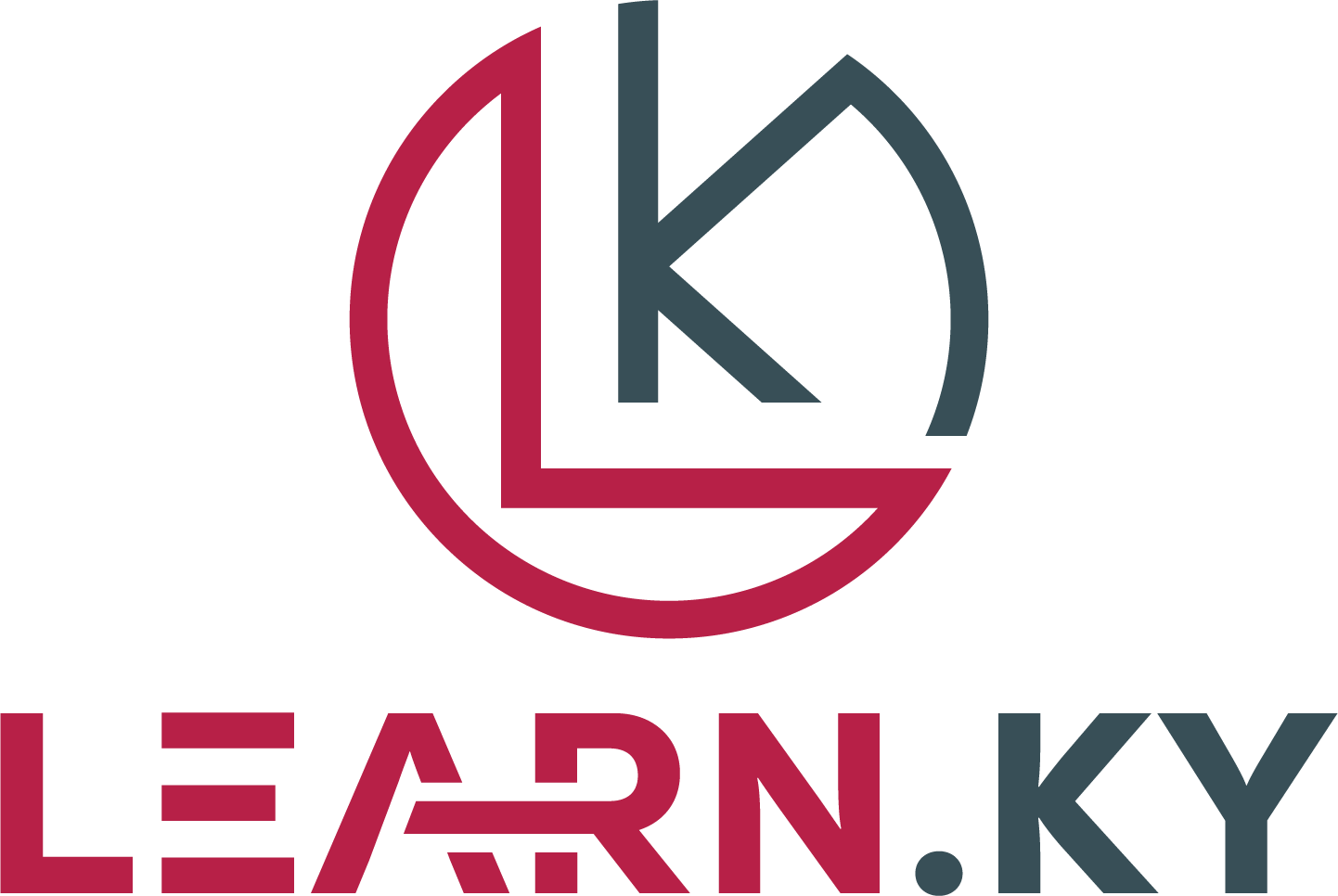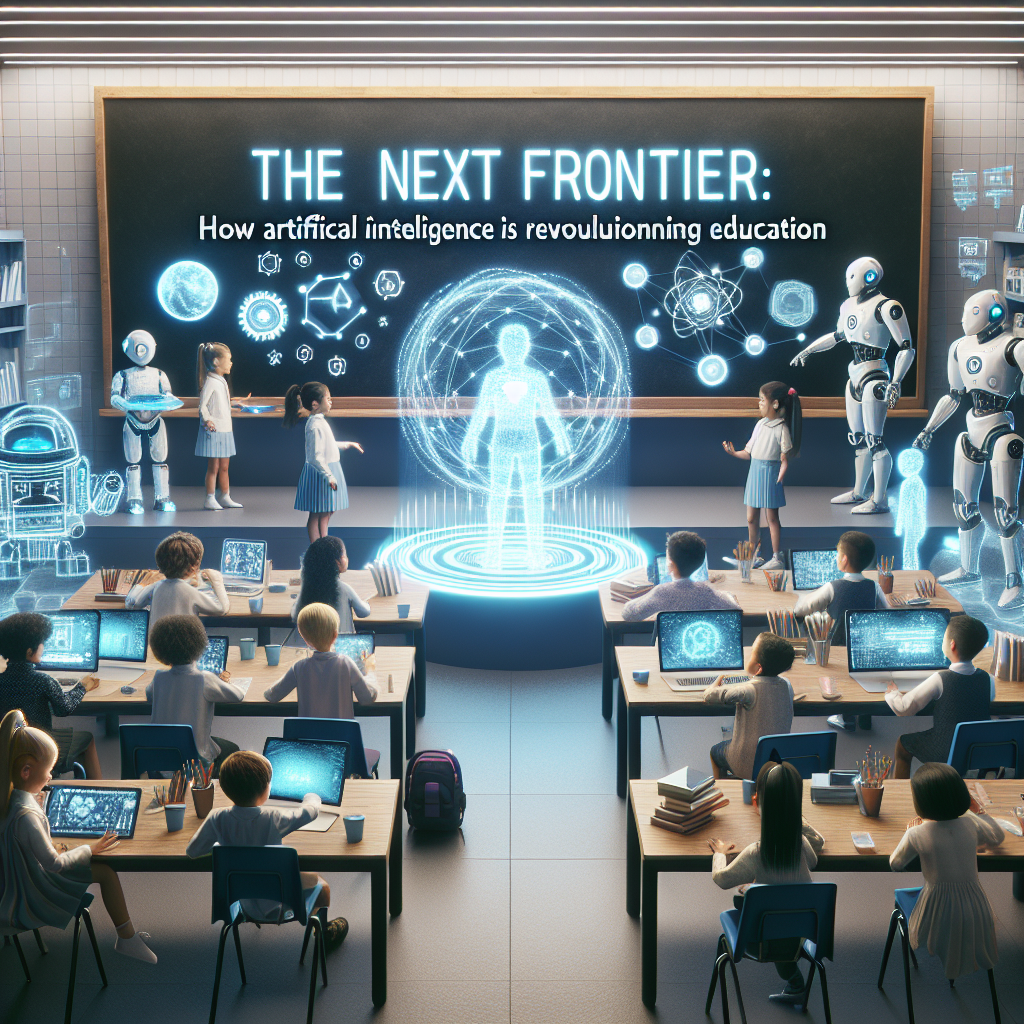The potential of AI in education is vast, encompassing a wide range of applications that can enhance both teaching and learning. From intelligent tutoring systems that provide personalized feedback to students, to chatbots that offer 24/7 support for student queries, AI technologies are already making significant strides in improving educational outcomes. By leveraging machine learning algorithms, AI can analyze vast amounts of educational data to identify patterns and trends, helping educators design more effective teaching strategies and interventions.
One of the most exciting aspects of AI in education is its ability to adapt to individual student needs, providing personalized learning experiences that cater to each student’s strengths and weaknesses. Adaptive learning platforms use AI algorithms to adjust the pace and content of lessons in real time, ensuring that students stay engaged and challenged at their optimal level. This personalized approach not only leads to better academic performance but also fosters a deeper sense of motivation and self-efficacy among students.
Furthermore, AI can help bridge the gap in access to quality education by providing remote and disadvantaged learners with high-quality resources and support. Virtual classrooms powered by AI technology enable students to engage in interactive lessons, collaborate with peers, and receive instant feedback from AI tutors. This democratization of education has the potential to revolutionize the way we think about access and equity in learning, breaking down barriers and opening up new opportunities for learners around the world.
In addition to improving student outcomes, AI is also transforming the role of educators by automating routine tasks and enabling teachers to focus on more creative and complex aspects of teaching. AI-powered tools can streamline administrative tasks, such as grading papers and tracking student progress, freeing up teachers’ time to engage in meaningful interactions with students and design innovative learning experiences. By augmenting teachers’ capabilities with AI technology, schools can build a more efficient and effective educational system that empowers educators to excel in their roles.
Despite the tremendous potential of AI in education, there are also valid concerns about ethics, privacy, and the impact of automation on the teaching profession. As we embrace AI in education, it is crucial to address these challenges and ensure that the benefits of AI are equitably distributed and ethically implemented. By fostering a dialogue between educators, policymakers, and technologists, we can create a thoughtful and responsible approach to integrating AI into the educational landscape.
In conclusion, the next frontier of education is set to be transformed by the power of artificial intelligence. By harnessing the potential of AI technologies, we can create a more personalized, adaptive, and inclusive learning environment that empowers students, enhances teaching practices, and drives educational innovation. As we navigate this exciting future, let us embrace the possibilities of AI in education while upholding the values of equity, ethics, and excellence that define our educational system. The time for AI in education is now, and the possibilities are endless.










